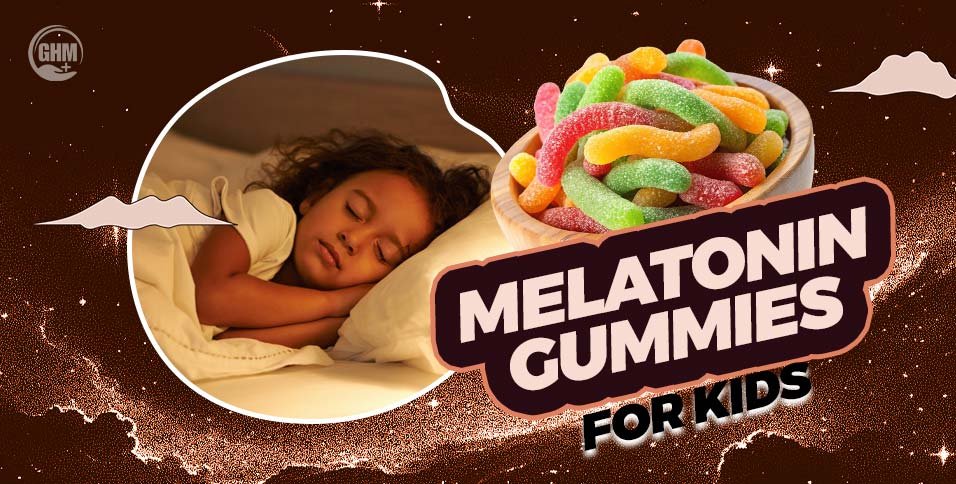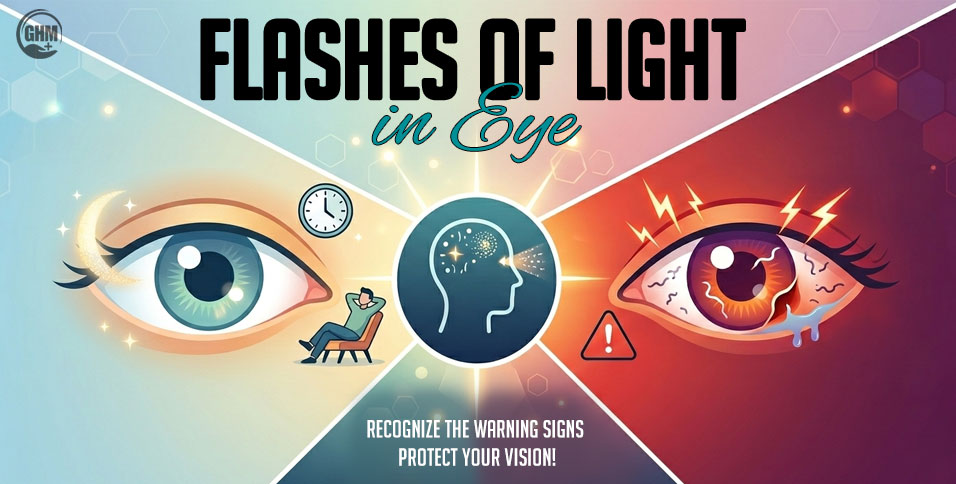US-based online store iHerb recently suspended melatonin gummies sales in Australia. The move follows a rise in non-fatal overdoses among children in Western Australia, highlighting a growing trend of parents relying on supplements to manage children’s sleep problems.
For many parents, bedtime has become a daily struggle. Due to screen time, late schedules, and overstimulation, children often resist sleep. In response, parents are increasingly reaching for melatonin gummies for kids, which are marketed as an easy and natural solution.
Dr. Karen Douglas, a pediatric sleep specialist in Perth, told ABC News, “Parents are exhausted, children are restless, and gummies look like a quick fix. But what seems harmless can actually carry risks.”
Parents’ Appeal For Gummies
- Easy to Give, Easy to Accept:
Unlike tablets, gummies look and taste like candy. Children take them willingly, reducing bedtime battles.
- Marketed as Natural:
Melatonin is a hormone that helps to regulate sleep, so supplements are often seen as a natural remedy compared to prescription drugs.
- A Fast Fix in Busy Lives:
With busy parents working long hours, school demands, and digital distractions, these supplements promise a quick solution to sleep struggles.
Risks Behind the Sweet Exterior
While gummies may solve short-term problems, they can come with serious safety concerns:
- Overdose Risk: Children mistake them for candy and consume more than intended. In Western Australia, several cases of accidental overdoses have been reported, linked to melatonin gummies.
- Unregulated Market: In the U.S., melatonin is sold as a dietary supplement, not a medication, meaning dosage and quality can vary widely.
- Long-Term Effects Unknown: While melatonin is naturally produced in the body, research on the effects of long-term supplementation in children is still limited.
Reasons for Sleep Crisis in Kids
Experts point out that sleep struggles are rarely just medical. Instead, modern habits are playing a big role:
- Screen Time and Blue Light: Prolonged device use delays natural melatonin production.
- Irregular Routines: Busy family schedules often push bedtimes later.
- High Stress Levels: Academic pressure, after-school activities, and overstimulation make it harder for children to wind down.
These factors create a cycle where children can’t sleep, and therefore, parents turn to gummies, growing reliance on the melatonin gummies.
Safer Alternatives Parents Can Try First
Behavioral and lifestyle strategies before supplements:
- Bedtime Routine: A Consistent sleep and wake-up time, even on weekends, can reset the sleep cycle.
- Digital Curfew: Reducing screen time at least an hour before bed helps melatonin production naturally.
- Sleep Environment: Sleeping in dark, cool, and quiet bedrooms can improve sleep quality.
- Mindfulness & Relaxation: Techniques like reading, deep breathing, or guided meditation can help children wind down.
Root Cause of Sleep Deprivation
The melatonin gummies for kids are more than just a health concern. It’s a reflection of modern parenting struggles. Easy solutions are tempting, but addressing the root causes of poor sleep is important rather than masking them with supplements.
Dr. Samantha Lee, a child psychologist in Melbourne, notes, “Children don’t just need more melatonin; they need healthier routines. Gummies might buy short-term peace, but they don’t build long-term resilience.”
Conclusion
The suspension of the sale of melatonin gummies for kids in Australia is a reminder that not all “natural” solutions are risk-free. For parents, the real challenge lies in balancing convenience with safety.
Bedtime may be a battleground, but the best solution is not in a gummy jar but in nurturing healthier sleep habits.













